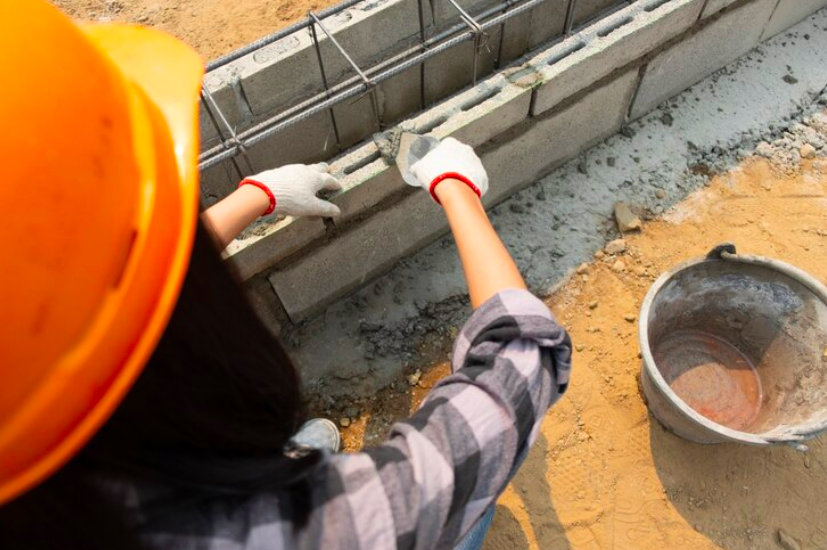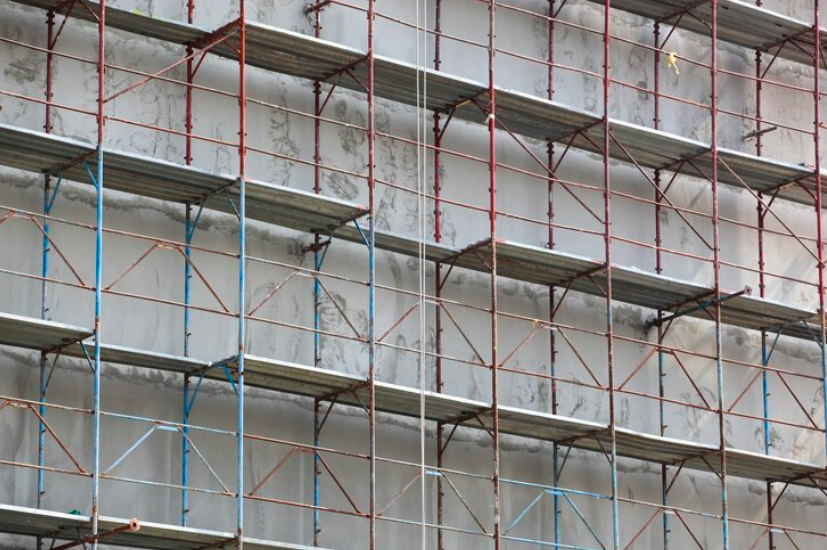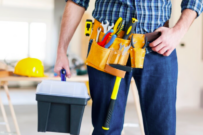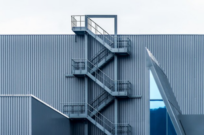7 Advantages of Insulated Concrete Forms (ICFs) in Sustainable Construction


Brian Jeffries
Brian Jeffries, a seasoned BPA Advisor. Brian is dedicated to sharing his wealth of knowledge on construction projects and materials. With a focus on architecture and building envelopes, Brian contributes valuable insights that shape the discourse around innovative construction practices and materials.
In the ever-evolving landscape of construction, the emphasis on sustainable building practices has become paramount. Among the innovative solutions revolutionizing the industry, Insulated Concrete Forms (ICFs) stand out as a versatile and eco-friendly alternative, offering a myriad of advantages in the realm of sustainable construction.

1. Energy Efficiency at its Core
At the heart of ICFs lies a commitment to energy efficiency, a cornerstone of sustainable building. These forms, typically made of expanded polystyrene (EPS) or other insulating materials, act as a continuous layer of insulation, enveloping structures in a thermal barrier. This design minimizes heat transfer, reducing the need for excessive heating or cooling and significantly lowering energy consumption.
2. The Sustainable Insulation Solution
ICFs not only contribute to energy efficient buildings but also address the critical aspect of sustainable insulation. The materials used in ICFs are chosen for their eco-friendly properties, ensuring that the insulation process aligns with sustainability goals. This not only benefits the environment but also enhances the indoor environmental quality of the constructed space.
3. Reduced Environmental Footprint
Sustainable construction involves minimizing the environmental impact of building activities. Incorporating eco-friendly home improvements, such as using Insulated Concrete Forms (ICFs), plays a significant role in this effort. ICFs, with their long-lasting and durable nature, contribute to this goal by reducing the need for frequent repairs or replacements. Additionally, the materials used in ICFs are often recyclable, further reducing the overall environmental footprint of a construction project.
4. Resilience in Extreme Conditions
Sustainability extends beyond energy considerations to the longevity and resilience of structures. ICFs excel in this regard, providing robust and durable walls that can withstand extreme weather conditions. This resilience not only enhances the lifespan of the structure but also reduces the demand for new construction materials over time.
5. Consistent Indoor Comfort
A sustainable building prioritizes the comfort and well-being of its occupants. ICFs, with their superior insulation properties, contribute to consistent indoor temperatures. This eliminates drafts and cold spots, creating a more comfortable living or working environment while minimizing the reliance on heating or cooling systems.
6. Sustainable Building Certifications
The adoption of ICFs aligns seamlessly with various sustainable building certifications. Organizations such as LEED (Leadership in Energy and Environmental Design) recognize the positive impact of ICF construction on energy efficiency, indoor air quality, and overall sustainability. Projects incorporating ICFs often earn points toward achieving these prestigious certifications.
7. Cost-Effective Sustainability
Beyond the environmental advantages, ICFs offer a cost-effective approach to sustainable construction. The energy savings realized over time, coupled with reduced maintenance requirements, contribute to the overall affordability of ICF construction. This economic feasibility makes ICFs an attractive choice for both residential and commercial projects.
ICFs Pave the Way for Sustainable Construction Solutions

The advantages of Insulated Concrete Forms in sustainable construction are multifaceted. From energy efficiency and sustainable insulation to reduced environmental impact and enhanced resilience, ICFs offer a holistic approach to constructing structures that align with the principles of sustainability. As the construction industry continues to embrace eco-friendly practices, the role of ICFs in shaping a more sustainable future becomes increasingly evident, marking a significant stride towards a greener and more resilient built environment.
Get Smarter About Building Products
Join 50,000+ subscribers and get our 3 min daily newsletter on what matters in the building materials industry.
You might like this


Toolbox Treasures: Exploring Must-Have Construction Components
Constructing a building, whether it’s a towering skyscraper or a cozy home, is a complex puzzle that requires a skilled hand and the right set of tools. In the world of construction, having the right components in your toolbox can make all the difference. From sealers that protect against the elements to essential hardware that […]


Clean & Safe: Mastering Jobsite Cleanup for a Secure Workplace
A well-organized and clean job site is not just a matter of appearances- it plays a crucial role of ensuring safety and security to any jobsite. A tidy space reduces the chances of accidents, promotes better focus, and boosts employee morale. Plus, it sends a clear message that the organization values the health and safety […]


7 Benefits of ACM Panels: A Versatile Building Material
In the ever-evolving field of construction and architecture, choosing the right materials can make all the difference in the outcome of a project. One such versatile material that has gained popularity in recent years is ACM, or Aluminum Composite Material, panels. ACM panels are renowned for their unique combination of properties, making them suitable for […]